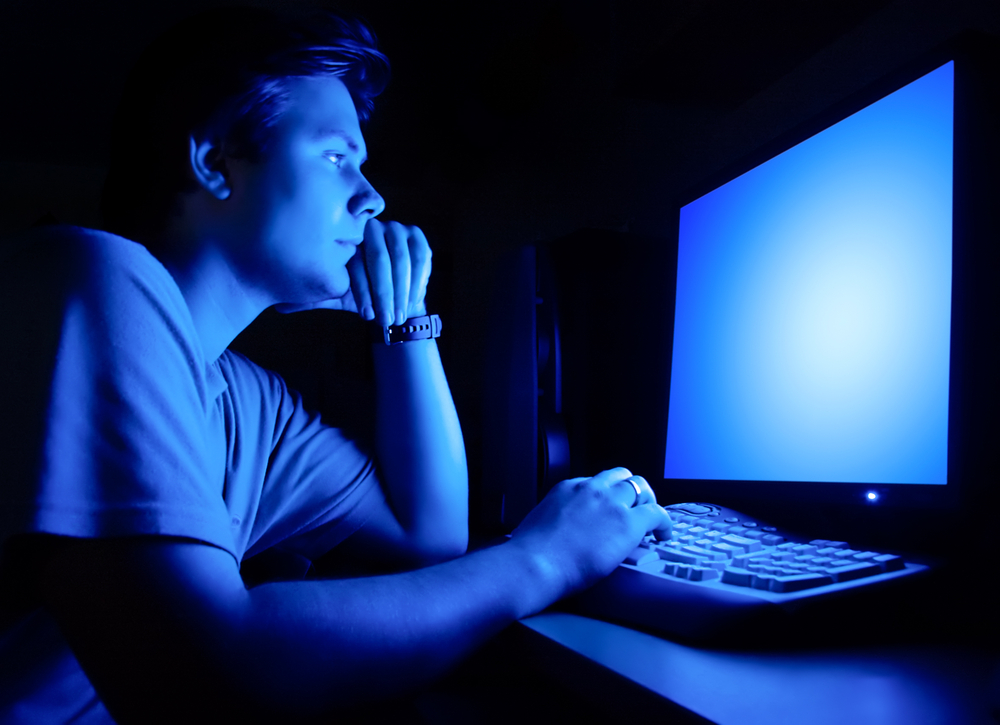I am a big fan of natural sunlight, and evidence links it with a range of potential benefits for the body. Light also has the capacity to effect the brain. The role for light here becomes immediately apparent in the winter, when light can be in short supply and some people find their mood and energy levels taking a distinct turn for the worse. In such individuals, some ‘light therapy’ can help energise and revitalise those prone to ‘winter blues’ and ‘seasonal affective disorder’.
It’s great that light can energise people in this way, but this is not something we want if we’re looking to get to sleep. One effect of light is to suppress the secretion of melatonin – the brain chemical that is integral to our sleep patterns. In January of last year I wrote a blog post about research which found that exposure to indoor lighting in the evening suppressed melatonin secretion. For those wanting to get the best sleep, I suggested turning the lights down low in the evening.
However, room lighting is not the only source of lighting in the home. Many of us are now surrounded by light-emitting devices such as laptops, iPads and tablets that could, in theory at least, disrupt our sleep at least in part through some melatonin-suppressing action.
A study recently published in the journal Applied Ergonomics looked at this issue [1]. Individuals were tested at separate times in 3 different settings:
- exposure to light-emitting device set at the highest brightness
- exposure to light-emitting device plus additional blue light (blue light is thought to be the most disruptive to melatonin secretion) exposure from goggles
- exposure to light-emitting device while wearing orange-tinted goggles that block blue light
Compared to no light exposure, there was significant suppression of melatonin secretion after 2 hours of light exposure from the device, and after just 1 hour of exposure to the light from the device and additional blue light from the goggles.
The tendency to be affected by this sort of light exposure will vary from person to person and even time to time, no doubt. However, for those that sense they don’t sleep that well, it might be a good idea to be mindful of the potential impact of light on melatonin. Some things worth thinking about include:
- avoiding use of such devices within an hour or two of bedtime
- limiting the time these devices are used for in the evening
- getting a pair of blue-light-blocking (orange) sunglasses
References:
1. Wood B, et al. Light levels and duration determines the impact of self-luminous tablets on melatonin suppression. Applied Ergonomics 29 July 2012 [epub ahead of print]
